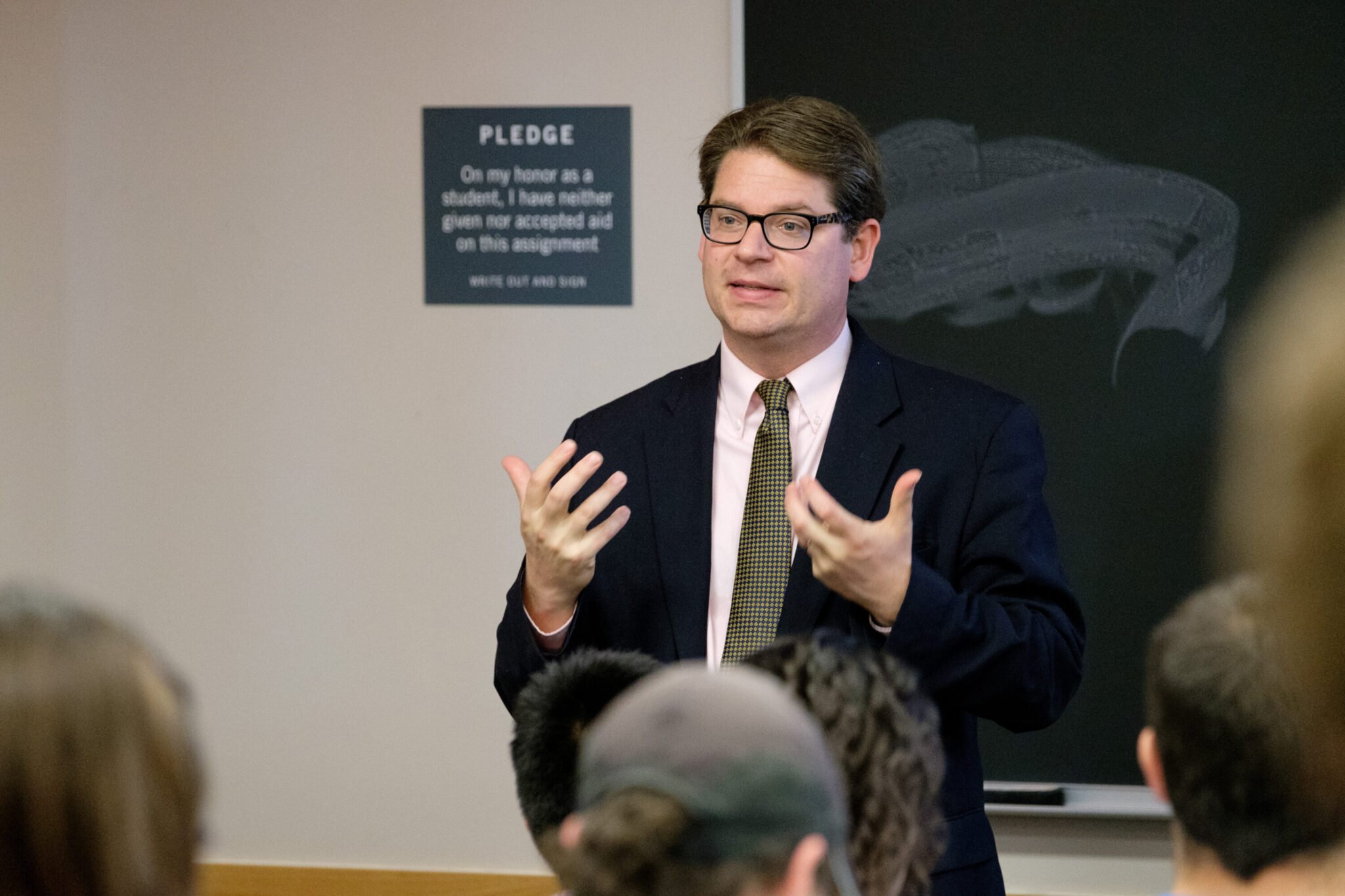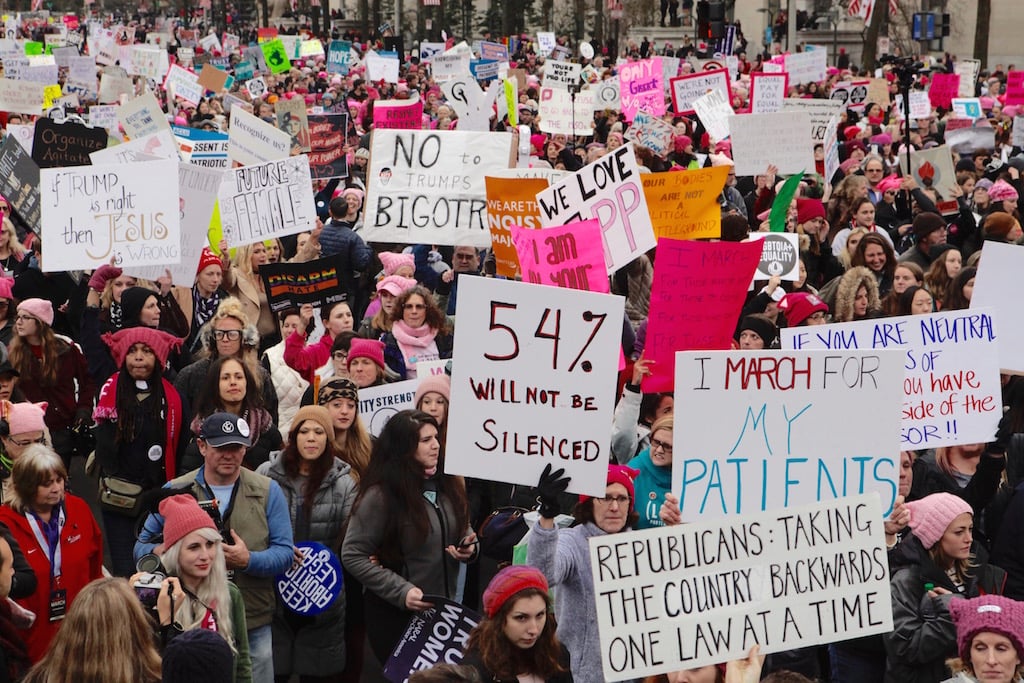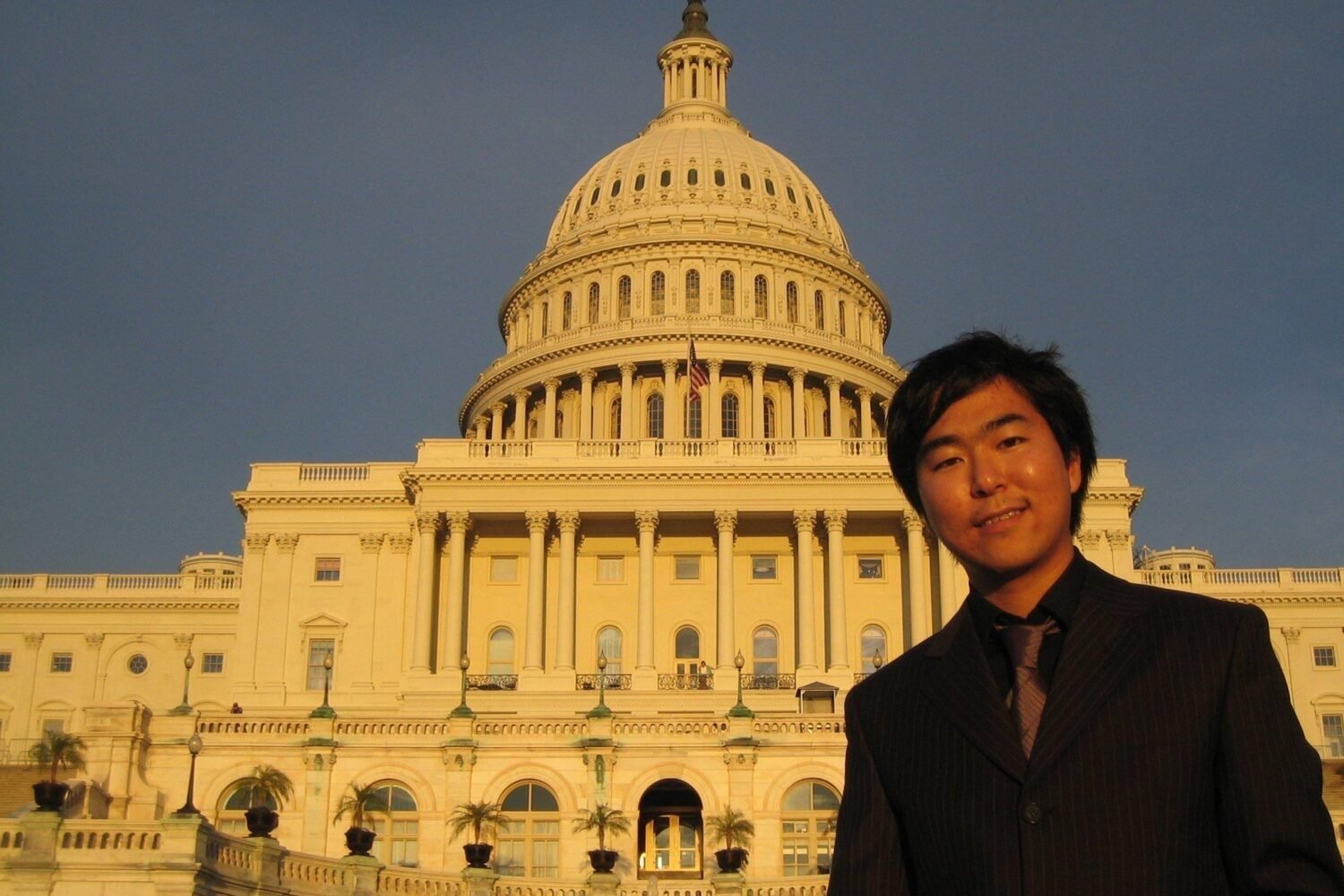In 2023, the US birthrate plunged to its lowest level in history, around 1.6 children per woman. Since then, it’s barely recovered—and Brad Wilcox, a sociologist at the University of Virginia, is very concerned. Yes, a shrinking population can cause social and economic dysfunction, but to Wilcox, the bigger issue is cultural: He believes that rejecting the traditional family has made Americans sadder and more adrift. That’s why, as director of the National Marriage Project and a fellow at the Institute for Family Studies, Wilcox has made it his life’s work to evangelize the benefits of getting married and having kids.
Lately, many high-profile conservatives seem to agree. “I want a baby boom,” Donald Trump told the crowd at CPAC in 2023. Elon Musk has called the collapse in birth rates “the biggest danger civilization faces by far,” and JD Vance frequently frames childlessness as a scourge. Lately, the White House has floated various policy ideas to promote bigger families, such as cash bonuses for childbirth and medals for women with lots of kids. The father of nine and the author of a bluntly titled 2023 book, Get Married, Wilcox is conservative; he’s advised JD Vance. But his policy ideas are heterodox and he’s not always in step with the Trump administration. We called him to talk about what’s going on with American families.
Why are Americans having fewer kids?
I think we face two different kinds of challenges, one economic and one cultural. Economically, the costs of child-rearing are higher than they were in a previous era. I’m thinking particularly of the cost of housing, especially in large metropolitan areas and their suburbs. Culturally, there’s a kind of “Midas mindset” emerging among younger adults, this focus on work as the summit of our lives. There are Pew polls, for instance, showing that young adults see work as the primary path—or the better path—to living a fulfilling, happy life, more so than getting married and having a family. Then there’s the impact of technology, the electronic opiates that degrade our capacities to socialize, date, marry, and have children.
What do you wish people understood about parenthood?
That kids engender life with an incredible sense of meaning and purpose and direction. From the late 1960s into the present, we’ve had the left basically telling women that marriage and family are an obstacle to living a meaningful and happy life. And now we’re getting that same message from the manosphere, on the online right, in the form of Andrew Tate telling young men that marriage and family life keep men from flourishing.
I just want people to understand that Americans who are married with kids are much less lonely and much more likely to report that their lives are meaningful. They’re markedly happier than their peers who aren’t married and don’t have kids. There’s a connection between family life and flourishing that I think is not sufficiently acknowledged in our public conversation around these issues.
You’re conservative, but people might be surprised that you believe the state should have a role in family formation–by expanding the child tax credit, for instance.
There has been a shift in recent years where a lot of younger conservatives think that the Republican Party was not sufficiently attentive to the welfare of the family in previous decades. We’ve seen a decline in marriage and fertility, so the thought is that we’ve got to be more open to pursuing new ideas and policies that would make it easier for families to get married and have kids.
What do you think the mainstream left gets wrong about family policy?
I think that the main difference between right-leaning and left-leaning proponents of the family is their orientation to paid work. I like to distinguish between more “workist” policies and more “familist” policies. Some policies are designed to make it easier for parents to work, or to spend more time at the workplace. So a national childcare policy—something Senator Elizabeth Warren has gotten behind—would be an example of that.
By contrast, I think family policy should be more familist—that is, it gives parents more resources to spend time with their kids, to choose to work part-time or to be at home with their young children. This is where, if we’re going to have to choose between spending money on childcare [subsidies] and spending money on an expanded child tax credit, I would prefer to spend more money on the child tax credit, which gives parents the choice of how best to handle [raising their children].
The cost of childcare is a huge burden on American families. Wouldn’t subsidizing it encourage more births?
In an international context, there’s not very good evidence that childcare is making family formation easier and more attractive, or leading to a rebound in fertility. I mean, we’re seeing declines in childbearing in countries like Canada and Finland, even though they have very generous policies around publicly provided childcare.
One reason might be that women pay substantial career penalties for parenthood, even when there’s childcare available.
We do see that there is a motherhood penalty, in many contexts, that women pay in their careers. I think that’s a real concern. At the same time, seeing kids as only a negative consequence for your financial bottom line is not the best way to look at having kids. In the United States today, there’s no group of women who are living more meaningful and happy lives than married mothers. The benefits of having kids are often profound—socially and emotionally and existentially.
The data is clear that marriage is very good for men. It’s less clear that it’s good for women. What do you make of that?
There’s certainly research that women benefit less in some domains from marriage than men do. We see, for instance, that women are better able to maintain ties with friends, family, and community institutions when they’re single or divorced. But men are much more likely to see those ties become attenuated if they’re not married. And yes, it’s certainly the case that women are a bit less likely to be very happy in their marriages than men are, and the “happiness premium” is a bit smaller for married women than for married men. So it’s certainly the case that women benefit less from marriage than men do on important outcomes.
But we also have to keep in mind that women who are married—especially married mothers—are more likely to report that they’re happy and that their lives are meaningful, compared to their peers who are single and childless. So even though women may not experience marriage and family life in quite the same beneficial ways that men do, they’re still typically doing better than their female peers who are not married and don’t have kids.
Women often carry a lot of the weight in a heterosexual marriage–they tend to do the bulk of housework and childcare, while also being in the workforce. Certainly, this benefits men. To women, I think it often feels burdensome and unfair.
There are legitimate frustrations, but I think it’s also important for couples to have a division of labor where you’re doing roughly the same amount of work, but not necessarily the same kind of work. I’m not saying everyone has to have what I would call a neo-traditional division of labor, but it’s important not to think that every task in your home has to be divided 50-50. It’s helpful to give the husband these tasks and the wife those tasks and not have as much contestation about trying to do things split down the middle.
You used the term “neo-traditional.” I wanted to ask about the tradwife phenomenon.
There are plenty of young adults out there today who are reacting to a culture that they see as unmoored and that has given women and men a tremendous legacy of confusion and conflict. They would say, “Look, it’s much easier to give clear and distinct roles to women and men that allow them to navigate marriage and family life without needless conflict and resentment.” So I get that—I think there’s certainly a place for a more traditional division of labor.
But the main challenge here is that some of the more traditionally minded influencers are embodying a model where the husband doesn’t do much of anything on the home front. The neo-traditional model is one where the husband is deeply engaged in the life of his family. But being an engaged husband and father is incredibly generative for men. It gives them a sense of meaning and purpose and direction. And there’s just no question that husbands who are more engaged with their kids have wives who are markedly happier. So I think the traditional family life expressed by influencers is deeply problematic if it’s the kind where men are ruling as domestic kings in their homes without engaging practically in the lives of their kids.
I would love to do a lightning round on policies the administration has floated to increase birthrates, to see if you think they would be useful. First, JD Vance said parents should get to vote on behalf of their kids–basically, extra votes for parents.
Sure. We’ve got to figure out ways—culturally and politically and economically—to make family life more attractive in our society.
What about $5,000 bonuses for giving birth?
I’d rather see a more generous child tax credit, more consistent support across the life course than just spending a big amount of money at birth.
Medals for women who give birth to six or more children?
Not a fan, nope. It just seems reminiscent of weird Soviet or German approaches to family life. We can come up with other ways to make families feel appreciated. Like, if families with young or school-aged kids could board first on airlines, that would be a cultural shift we could maybe get behind to make family life easier and make families feel appreciated.
You and your wife have nine kids. What made you choose that?
We’re Catholic, and we wanted to have a nice Catholic family. But we actually thought we could not have [biological] children, and so my wife and I adopted five children. In 2009, we were very surprised to find out that my wife was pregnant with twins, and then we had two other kids after that.
What’s been difficult about that and what’s been rewarding?
When we had our twins, it was certainly a low point in my marriage. This was at a moment when the recession was kicking in, and I was worried about both the practical and the financial burdens of supporting and caring for a large family. Having a large family means that you’re always putting out one fire or another, whether it’s homework or a soccer tournament or trying to navigate a Sunday youth group or a family gathering. There’s just a lot of balls in the air that you’ve got to juggle. But at the same time, I can’t really convey the ways in which having a large family gives your life more joy and meaning.



















